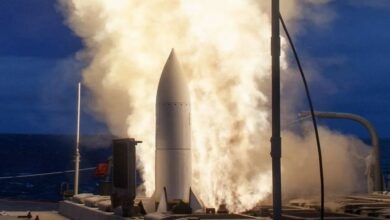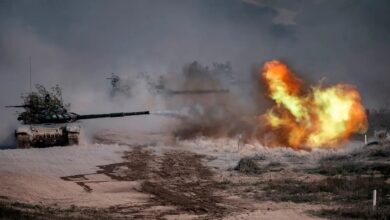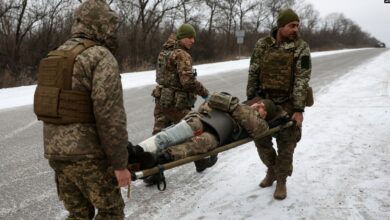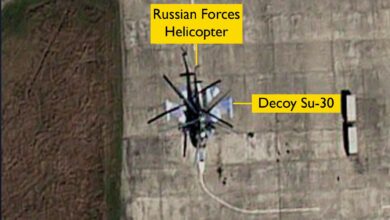Russia and Saudi Arabia discuss transfer of technology in S-400 missile defense system deal
Russia and Saudi Arabia are discussing transfer of technology and logistics as they finalize the deal for the S-400 air defense missile system, the Saudi Ambassador to Russia said.
“Regarding the S-400, detail discussions are continuing between the two sides on the final arrangements of this. We are discussing technical issues, especially regarding technology transfer and know-how,” Saudi Ambassador to Russia Raed bin Khaled Qrimli told Tass on Monday, February 19.
On October 5, Saudi Arabia signed a deal to purchase S-400 missile defense systems and other weapons including the Kornet-EM anti-tank guided missile system and the TOS-1A unguided thermobaric rocket system.
Jane’s reported on February 8 that negotiations between the nations for the S-400 acquisition were complicated by Saudi Arabia’s desire to include provisions for some local manufacturing in the agreement, although it appears that the kingdom wants to acquire Russian-made systems.
According to Jane’s, Saudi Arabia Military Industries said in October 2017 that it had signed a memorandum of understanding with Russia’s Rosoboronexport to “co-operate in setting a plan to localise the manufacturing and sustainment of parts of the S-400.”
Russia’s S-400 Triumf long- and medium-range air defense missile system can use five different missile types to destroy aerial targets including planes and cruise and ballistic missiles at a range of 40 to 400 kilometers (25 to 250 miles) at altitudes of up to 30 km.
Deal for second batch of S-400s for Turkey may include local manufacturing
Last week, Tass reported that Russia and Turkey plan to sign a contract for a second batch of S-400 air defense missile systems to be delivered in 2021. The first batch is due to be delivered by “May or June 2020,” an unnamed military diplomatic source said.
The source said that the deal hinges on local manufacturing, to allow Turkish companies to produce S-400 system components that “are not of crucial importance.”
Russia’s Federal Service for Military-Technical Cooperation and Rosoboronexport have not commented on the report.
NATO member Turkey made a final agreement to purchase the S-400 in December. It is unclear how transfer of technology factors into the Turkey deal, but Turkish Foreign Minister Mevlut Cavusoglu said in October that Turkey could annul the S-400 deal if Moscow refuses to transfer technology.
Concerns have been raised by NATO members about data security, particularly with the F-35. Turkey’s Undersecretariat for Defence Industries (SSM) wants to connect the F-35 systems with the Turkish Air Force information network, HvBS. If the S-400 is also connected to the HvBS, there is a risk that data collected by the advanced Joint Strike Fighter’s sensors may end up being transmitted to Russia.
Other S-400 sales
A number of other nations have been negotiating purchases of the missile defense system in recent months.
On January 25, Qatar’s Ambassador to Russia Fahad bin Mohammed Al-Attiyah said talks between Qatar and Russia for the purchase of the S-400 system were at an advanced stage. Russia and Qatar signed an agreement on military-cooperation in October when Russian Defense Minister Sergey Shoygu visited Doha, while Saudi Arabia is leading efforts to isolate Qatar in the Gulf.
Indian media reported on January 22 that India is negotiating a $6 billion deal for five S-400 systems. India reportedly wants to sign the deal in the 2018-19 financial year and for delivery to begin within two years. In December, Russia’s Rostec Corporation Director for International Cooperation Viktor Kladov said discussions then were focusing on technical details of the contract, while training and transfer of technology were also being discussed.
Russia began delivery of six S-400 systems to China in January, but the initial shipment was damaged in transit and the vessel transporting it returned to port. The 2014 agreement does not include technology transfer or licensed local production.











